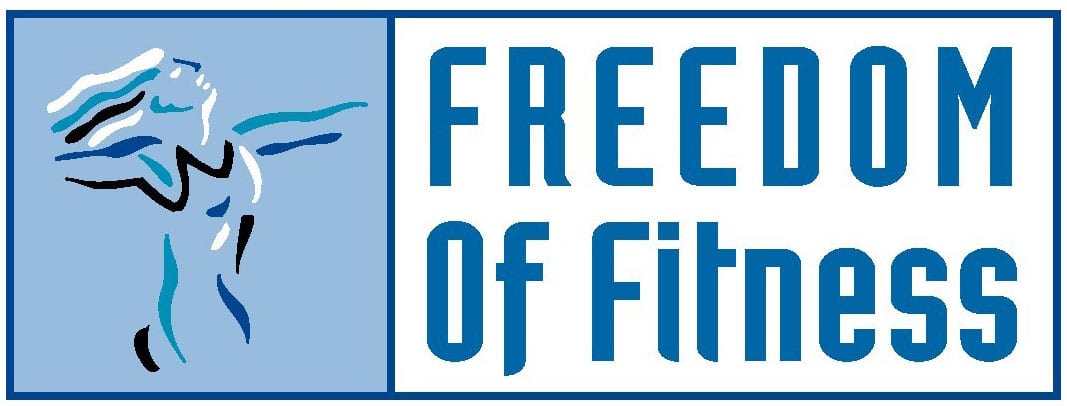 Here are some ways to recognize overtraining.
Here are some ways to recognize overtraining.
If you are training hard and don’t factor in enough recovery time to your program, overtraining can result. Recovery comes in many forms; enough calories & the right balance of macronutrients, enough sleep, stress management and proper program design that incorporates rest days.
Here is a great way to monitor whether you are overtraining or not. This system was first introduced to me in Dr. Michael Colgan’s book, Optimum Sports Nutrition.
Waking Heart Rate: Get into the habit of taking your pulse, immediately upon awakening, before you get out of bed. Record it. The “rule of thumb” is, if your pulse is 8 beats per minute higher than your baseline, for the previous week, you may be falling into overtraining.
Waking Body Weight: Take your waking body weight. Your average weight shouldn’t vary by more than 2 lbs., even if you are trying to gain muscle. Most athletes who are working hard to gain muscle, usually can’t gain more than 10 lbs. a year. The general rule is: if your body weight drops by more than 3 lbs. on any day, from a previous stable body weight, you may be falling into overtraining.
Insomnia: Some people train late at night. This is not optimal because of the hormones training stimulates, adrenalin & noradrenalin) which can interfere with normal sleep. Let’s assume you don’t train at night, yet start to experience restless sleep, difficulty falling asleep, or awakening too early, this may also be a sign.
Immune system changes: Immune function can be measured on a complete blood count which is part of a SMAC blood screen. If you experience elevated counts of segmented neutrophils (segs), lymphocytes (lymphs), monocytes (monos), or eosinophils (eos), and there is no disease or infection present, you are overtraining.
Avoid overtraining. Monitor the signs, back off on your training and get more sleep if you feel that you are experiencing any of the above.
Author: Sandra Blackie, B.A. Certified Personal Trainer & Sports Nutritionist


